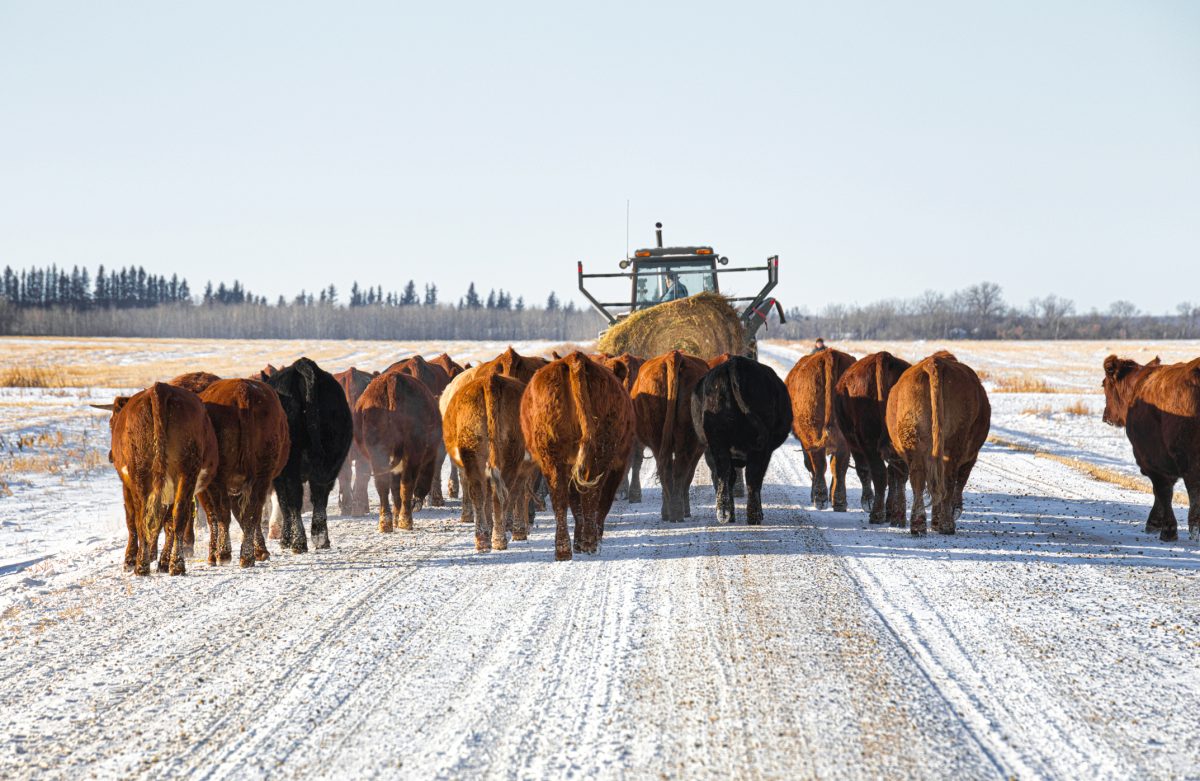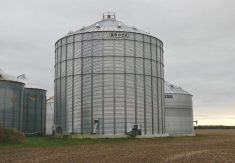MarketsFarm — Feed barley bids in the key cattle feeding area of southern Alberta are coming under some pressure, as attention begins to turn to the new crop.
“Demand is dropping off here a little bit,” said Allen Pirness of Market Place Commodities in Lethbridge.
Feedlots have extended coverage through the spring and into the summer, making it “increasingly more difficult to sell spot loads,” he said.
Meanwhile, some grain farmers with barley in their bins still want to sell before seeding.
Read Also

Klassen: Calf markets continue to climb
For the week ending February 7, Western Canadian feeder markets traded $10 higher to $10 lower compared to seven days…
“The demand is pretty set, so without a strong outlet on the export market the seller has to meet the bid,” Pirness said, adding that “grain’s been trading on the bid, not the offer.”
After a good export program over the past year, barley supplies are still relatively tight, but readily available U.S. corn imports also remain an anchor on prices.
Barley was trading at $264 per tonne in the Lethbridge market, with feed wheat at roughly $258 and landed corn at around $257.
While barley prices may be off their highs, the market is still solid overall and Pirness expected to see an increase in acres this year.
Canada’s diplomatic dispute with China and the resulting limits on canola exports have also “enticed a lot of grain farmers into planting more barley,” he said. Many farmers had been pushing canola acres a little too hard to begin with.
“If every farmer plants an extra field of barley, suddenly we’ll be swimming in it again,” he added.
— Phil Franz-Warkentin writes for MarketsFarm, a Glacier FarmMedia division specializing in grain and commodity market analysis and reporting.
















